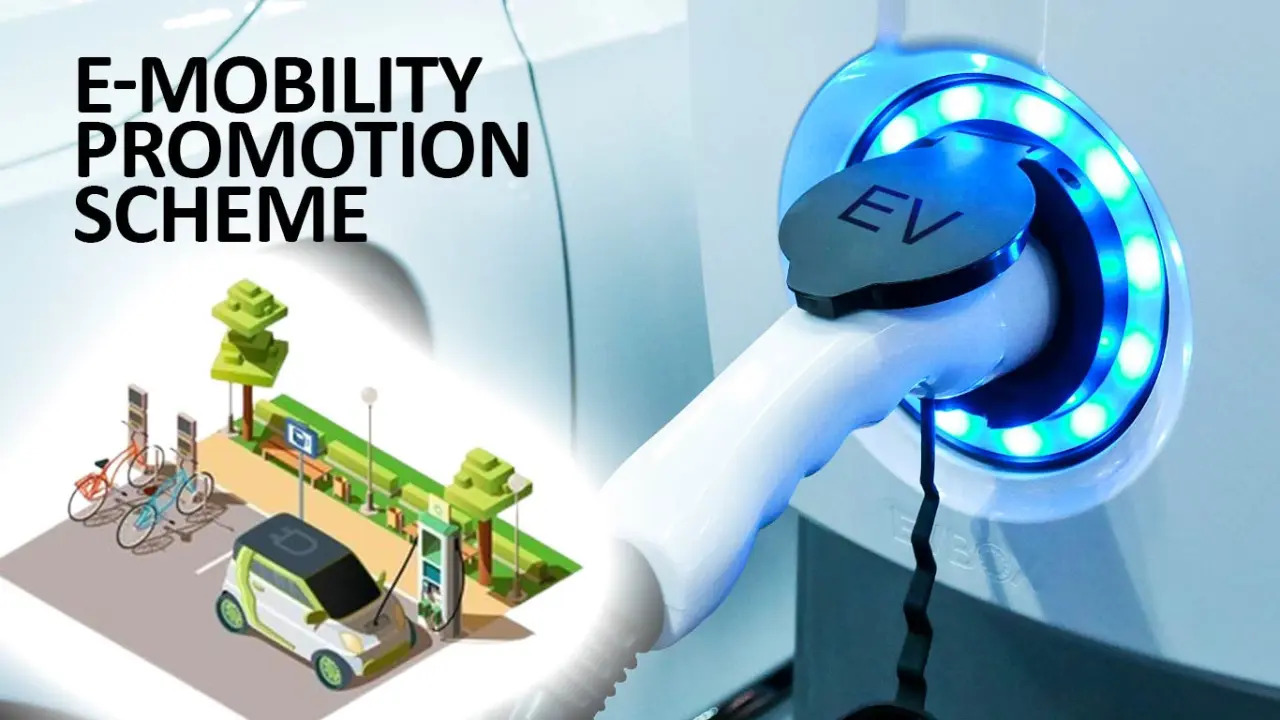Table of Contents
EV Charging Station Subsidy schemes in India are transforming the electric vehicle landscape in 2025. With the Indian government’s strong push toward electrification, sustainable transportation is no longer a dream—it’s a booming opportunity. Whether you are an aspiring entrepreneur, investor, or fleet operator, this guide explains how to take advantage of the latest subsidies to launch or expand an EV charging station business. We also include related keywords such as EV infrastructure subsidy, electric vehicle charging grants, and public EV charging support to enhance discoverability and SEO ranking.
The EV Charging Station Subsidy in India (2025) includes central schemes like FAME-II and state-level incentives covering up to 80% of setup costs, supporting both private and public charging networks to promote clean transportation.
1. FAME-II Scheme (Faster Adoption and Manufacturing of Hybrid and Electric Vehicles)
The FAME-II initiative is the backbone of India’s national EV mission. It provides capital subsidies for setting up public EV charging stations across highways, cities, and commercial hubs. Businesses can get up to ₹10 lakh subsidy per charging station, depending on its capacity and location. Related keyword: electric vehicle infrastructure grant.
2. State-Specific EV Policies
Many states like Delhi, Maharashtra, Tamil Nadu, and Gujarat offer their own EV Charging Station Subsidy programs. These include land rebates, electricity duty waivers, and capital cost reimbursements (ranging from 25% to 50%). State-specific incentives can be availed in addition to central subsidies. Always review your local EV policy documentation for updated benefits.
3. Energy Efficiency Services Limited (EESL) Support
EESL supports bulk procurement of chargers and provides installation services at a reduced cost. Entrepreneurs can partner with EESL for fast deployment of charging infrastructure, especially in public parking areas, malls, and office zones. This not only reduces upfront cost but also improves service reach.
4. Public-Private Partnership (PPP) Opportunities
Various municipalities and Smart Cities are promoting Public-Private Partnership models for setting up EV chargers. These partnerships offer access to government land, fast-track permits, and profit-sharing models. It’s ideal for businesses seeking long-term sustainable revenue.
5. Startup India Green Energy Incentives
Under the Startup India mission, clean tech startups in the EV charging domain can apply for seed funding, mentorship, and tech grants. New businesses working on innovative EV charging solutions like battery swapping or solar-based charging units can leverage these opportunities to gain early momentum.
Bonus Tips to Maximize EV Charging Station Subsidy Benefits
- Combine Multiple Incentives: Use central, state, and municipal schemes together.
- Ensure Smart Metering: Install OCPP-compliant charging units for compatibility and subsidy eligibility.
- Site Selection Matters: Prefer high-traffic zones like highways, tech parks, and commercial complexes.
- Partner Strategically: Tie up with OEMs, battery manufacturers, and logistics providers for consistent usage.
- Stay Compliant: Follow safety, environmental, and DISCOM approval norms for smooth operations.
EV Charging Station Setup Cost & Subsidy Table
| Setup Type | Average Cost (₹) | Subsidy (%) | Final Cost After Subsidy (₹) |
|---|---|---|---|
| AC Slow Charger (Public) | ₹1,50,000 | 60% | ₹60,000 |
| DC Fast Charger (Fleet) | ₹12,00,000 | 40% | ₹7,20,000 |
| Battery Swapping Station | ₹5,00,000 | 50% | ₹2,50,000 |
Conclusion
The future of electric mobility in India depends heavily on the availability of reliable, widespread charging infrastructure. With the 2025 EV Charging Station Subsidy schemes in place, starting or expanding an EV charging business has never been more feasible. The government is offering generous support through capital subsidies, land allocation, and policy frameworks. By leveraging these top 5 schemes, entrepreneurs can build a profitable and sustainable venture that aligns with India’s clean energy goals. Stay informed, act smart, and power the nation’s EV revolution!
FAQs about EV Charging Station Subsidy
1. What is the maximum subsidy available under FAME-II?
Under FAME-II, businesses can avail up to ₹10 lakh per charging station based on charger type and location.
2. Can a private company apply for both central and state subsidies?
Yes, private companies can apply for multiple subsidies provided the policies allow such overlap and eligibility conditions are met.
3. Is land provided by the government for EV charging stations?
In many states, land is offered at concessional rates or through long-term leases in government parking or public spaces.
4. Are there any subsidies for residential EV chargers?
Some state EV policies offer limited subsidies for home chargers, especially for apartment complexes and RWAs.
5. How long does it take to receive EV charging subsidy benefits?
Processing time varies by scheme but generally takes 2–4 months post-installation and compliance verification.







